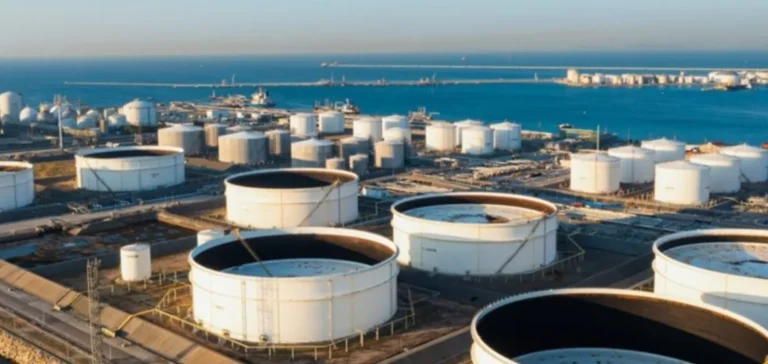Commercial crude oil inventories in the United States declined by 2.4 million barrels during the week ending August 22, according to data published by the Energy Information Administration (EIA). This decrease slightly exceeded analysts’ expectations, who had forecast an average drop of around 2 million barrels, based on a consensus compiled by Bloomberg.
Exports and refinery activity decline
Excluding the Strategic Petroleum Reserve, total inventories stood at 418.3 million barrels. Meanwhile, the Strategic Petroleum Reserve increased to 404.2 million barrels, reaching its highest level since October 2022. This development is part of a gradual replenishment policy initiated earlier this year.
On the trade side, US crude oil exports fell by 13% compared to the previous week, while imports dropped by 4%. Refineries also lowered their utilisation rate to 94.6%, down from 96.6%. This reduced activity generally leads to an accumulation of crude stocks, as volumes are processed more slowly.
Higher domestic production and demand
National crude oil production reached 13.43 million barrels per day, compared to 13.38 million in the previous week. This moderate increase keeps output close to historical highs recorded in the United States.
The domestic demand indicator, measured by petroleum product deliveries, showed a slight increase of 0.5%. In particular, gasoline demand rose by 4.5%, once again exceeding the symbolic threshold of 9 million barrels per day, a level closely monitored by market participants.
Crude markets respond
The EIA’s weekly release supported crude prices on international markets. As of 15:00 GMT on August 27, Brent crude from the North Sea was up 0.67% at $67.67 per barrel, while the American benchmark West Texas Intermediate (WTI) rose 0.82% to $63.77 per barrel.
Adjustments in trade flows and the gradual recovery in refined product demand contributed to the market’s reaction, amid heightened scrutiny of US stock levels and production capacity.






















